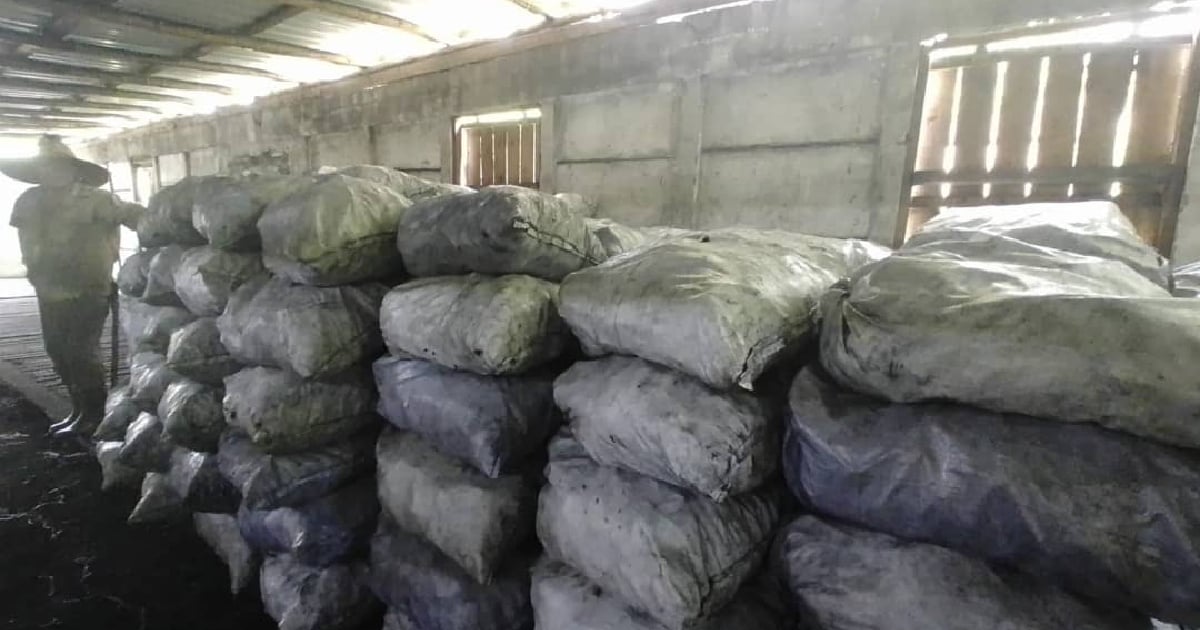
In the face of the profound energy crisis affecting the people, the Cuban regime requested an increase in coal production in the province of Pinar del Río, as an alternative for families suffering from power outages of more than 15 hours a day in recent weeks.
The website of the local television channel Tele Pinar published the information and emphasized that "this product has become a vital resource for cooking food in areas of Vueltabajo."
"Local authorities of the Party and the Government in this municipality emphasize the need to increase charcoal production, an effort in which the workers of the Agroforestry Company are joining," the text states, while revealing that areas like Minas de Matahambre receive liquefied gas service only twice a year.
It also states that the Basic Enterprise Unit (UEB) "Silvícola Sumidero" sold approximately 300 bags of charcoal in the areas of Cabeza, San Carlos, and Sumidero, and a similar amount in the Pons Popular Council and the main town in the mentioned municipality.
While Miriam Martínez Veloz, president of the Municipal Assembly of People's Power of Minas, stated that about 80 farmers feel motivated to promote this sector.
In addition, he highlighted the growing interest in harnessing marabú, a wild plant, as raw material for charcoal production, a resource that plays an important role in the country's economy, according to Tele Pinar.
The reality is that the energy chaos is growing in Cuba, where this Tuesday recorded a high of 1,641 MW and seven thermoelectric units remain out of service, either due to breakdowns or maintenance.
The forecast improves slightly for today (Wednesday), but the power outage forecast still approaches 1,500 MW during peak hours.
In May, authorities in Santiago de Cuba announced the sale of coal to the population "as an alternative to the electricity deficit and the fuel situation" in the country.
The governor of the province, Manuel Falcón Hernández, explained in a meeting with local deputies that measures were taken to begin commercialization, one of the government decisions to try to placate the discontent amid blackout stretches of up to 20 hours.
Due to this, the business of charcoal stoves has resurfaced to facilitate the cooking of food that was previously prepared with electricity.
What do you think?
COMMENTFiled under: